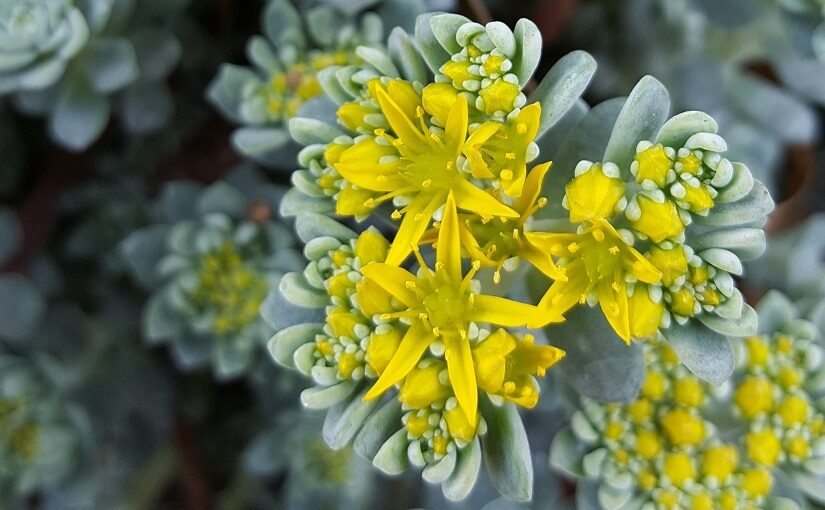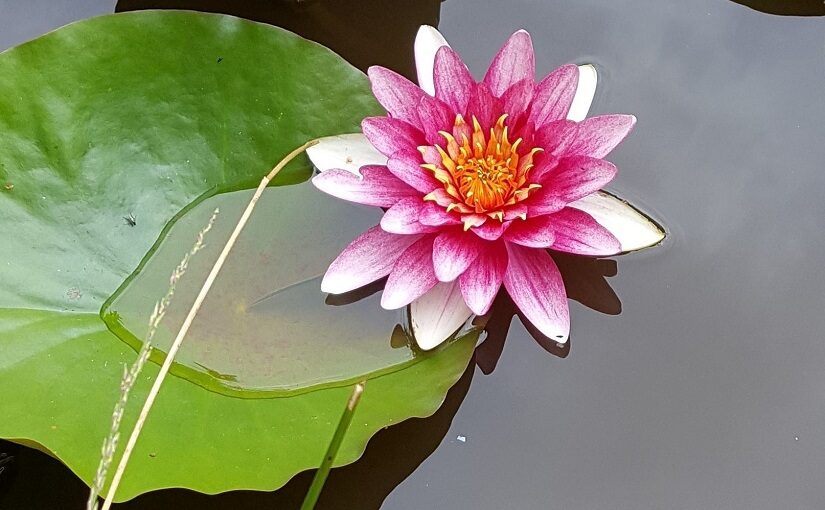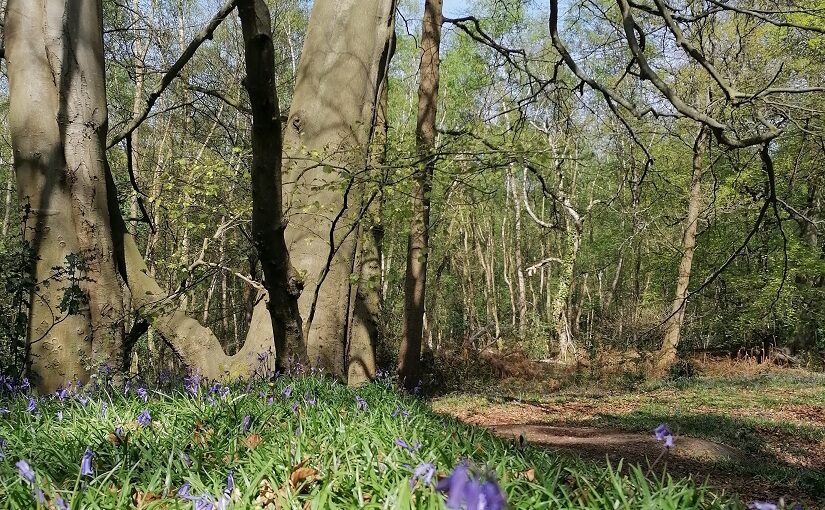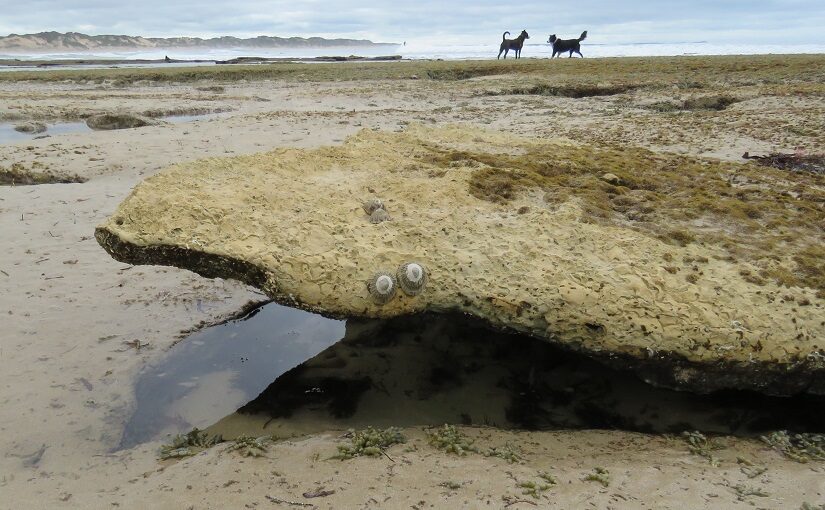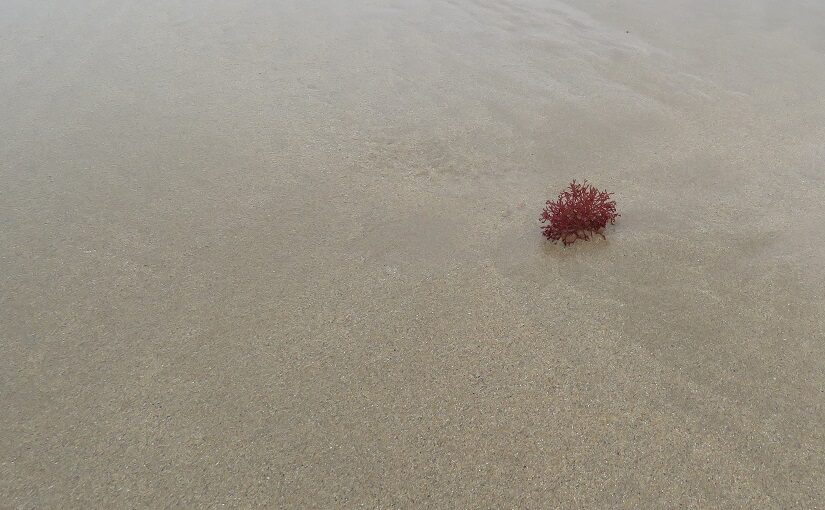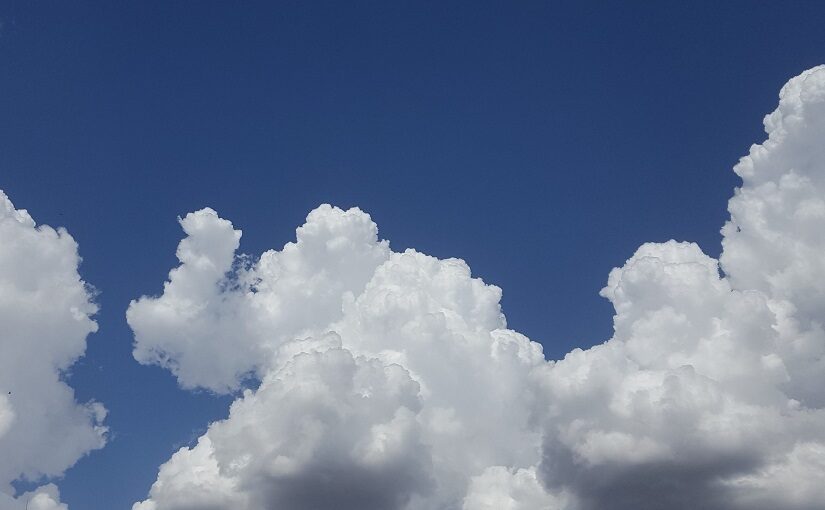While there’s clearly a lot in life that can drag us down – this much awareness of our own countries’ struggles, alongside all the collective and individual difficulties the world’s weighed down with, can easily lead to a sort of paralysing despair – there are perhaps an equal number of things to encourage and uplift us. Maybe that’s too optimistic, but seeking out the inspiring things in life seems important.
Sometimes I wonder if there’s not a point, somewhere between despair and hope, where there’s a chance of engaging to make the difference between the two. This sense in which we might hold in each hand all the struggles and all the dreams then make a move that shifts that balance more towards resolution, awareness and transformation. This very human gesture of setting our intentions high. (Notes One)
Perhaps that’s one definition of inspiration? People choosing to embrace ways of life, of thinking, that might lead us all in good directions. It’s interesting to think that each one of us could be such a source of inspiration: that our everyday choices, attitudes and responses might serve as an example to all those around us in both the real and virtual world.
And I’d imagine we’d all be inspired by different things; given we each have our own priorities, concerns and areas of growth. Everyone focussing in different directions, wouldn’t we naturally find different people’s insights inspiring? Especially if we consider every aspect of life as being part of a spectrum from complete ignorance through to effortless mastery.
At any point along those many journeys, the thoughts or actions of different people may resonate most with our own particular situation and style of approach. As if we’re all exchanging perspectives as we walk our paths, grapple with challenges, and strive toward realising specific goals or concepts. Each person, perhaps, always being able to offer “something” that will help someone else. (Notes Two)
Which is my circuitous way of saying that perhaps few people are universally inspiring – those lone souls who are able to speak wisely to everyone, wherever they may be on their path. Maybe, in a strange way, we “need” to all be talking at once in the hope that, somewhere, our words may be able to help someone? Of course, we often do so in an online world filled with those aiming for the exact opposite.
How we’re supposed to navigate this new, connected, hyper-aware world is strange to contemplate: if we’re not to let all these influences simply wash over us, blending the good with the bad, how are we to set limits or chart a realistic, compassionate, constructive course? While no one answer may suit everyone, there must be some sort of balance to be struck. (Notes Three)
Identifying people and ways of thinking that resonate with your values, challenges and hopes may fit in there somewhere – those whose words or perspectives lift your heart with gratitude that people exist who are striving for better paths through life’s struggles.
Notes and References:
Instagram links for Nirrimi Firebrace (https://www.instagram.com/nirr.imi/); Jedidiah Jenkins (https://www.instagram.com/jedidiahjenkins/); Sophia Bush (https://www.instagram.com/sophiabush/); Rich Roll (https://www.instagram.com/richroll/).
Note 1: What we create by our presence
Note 1: Will things change if we don’t make them?
Note 1: “Minding the Earth, Mending the World”
Note 1: The human spirit
Note 2: Personal archaeology
Note 2: Complication of being human
Note 2: Finding flaws
Note 2: Can others join you?
Note 3: The thought surrounding us
Note 3: Sensitivity & the place for feeling
Note 3: Pace of change & getting nowhere fast
Note 3: Reading between the lines
In terms of Instagram, examples of such voices may be Nirrimi Firebrace, Jedidiah Jenkins, Sophia Bush, Rich Roll or many, many others.

